What is ERISA and how does it apply to 401(k) plans?
ERISA stands for the Employee Retirement Income Security Act of 1974. It is a federal law that sets standards for retirement and health benefit plans in the private sector, including 401(k) plans. ERISA was enacted to protect the interests of participants and beneficiaries of employee benefit plans by establishing guidelines for plan administration, fiduciary responsibilities, reporting and disclosure requirements, and plan funding.
Here's how ERISA applies to 401(k) plans:
Fiduciary Responsibility: ERISA imposes fiduciary duties on those who manage and administer 401(k) plans, including plan sponsors, trustees, administrators, and investment managers. These fiduciary responsibilities include acting solely in the best interests of plan participants and beneficiaries, prudently managing plan assets, diversifying plan investments, and ensuring the payment of reasonable plan expenses.
Reporting and Disclosure: ERISA requires plan administrators to provide participants with important information about the plan, including plan features, investment options, fees and expenses, and their rights and responsibilities under the plan. Participants must receive regular statements detailing their account balances and transactions, as well as summary plan descriptions outlining key plan provisions.
Vesting and Participation: ERISA sets rules regarding eligibility and vesting in 401(k) plans. It requires plans to offer participation to eligible employees and sets guidelines for when employees become vested in their accrued benefits, including employer matching contributions.
Plan Funding: ERISA establishes minimum funding standards for defined benefit pension plans to ensure that these plans have sufficient assets to meet their obligations to participants. While 401(k) plans are typically not subject to the same funding requirements as defined benefit plans, ERISA does require that plan assets be held in trust and used exclusively for the benefit of participants and beneficiaries.
Legal Remedies: ERISA provides participants and beneficiaries with legal remedies and avenues for recourse if they believe their rights under the plan have been violated. This includes the ability to file lawsuits to recover benefits, enforce their rights under the plan, or hold fiduciaries accountable for breaches of their duties.
Overall, ERISA establishes a comprehensive framework of rules and regulations to govern employee benefit plans, including 401(k) plans, and to safeguard the retirement savings of millions of American workers. Compliance with ERISA requirements is essential for plan sponsors and administrators to ensure the integrity and legality of their benefit plans.
The information contained herein is not intended as financial, legal or tax advice, and may not be suitable as required by specific circumstances. Please consult your financial planner, attorney and/or tax adviser as needed.
Views:
Keywords: 401(k) Plan, ERISA, retirement


